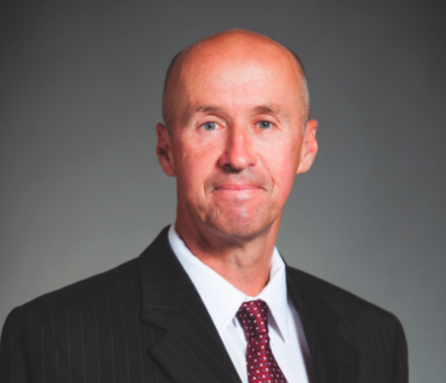Parliamentary budget officer talks to economics students
Christopher Radojewski | Fulcrum Staff
KEVIN PAGE, THE parliamentary budget officer (PBO) for the government of Canada, spoke to students at the University of Ottawa on Nov. 20. In a presentation organized by the Economics Student Association, an enthusiastic Page spoke about the role of the PBO and answered audience questions. The role of the PBO is to provide independent analysis of the state of Canadian finances and the economy and to provide an analysis of the expenditure estimates of any government department or agency. Page is the first ever PBO, and was appointed in 2008. After the presentation, Page sat down with the Fulcrum to talk about engagement in politics, government, and transparency.
The Fulcrum: In your presentation you talked about the importance of transparency in government. What is the main message you want to get across?
Kevin Page: Well, I would say no accountability without transparency. We had an Accountability Act in 2006. It could have been a Transparency Act. If we had the kind of transparency that exists in other countries like New Zealand, maybe we don’t need a parliamentary budget officer. This information would just be made available. With the kind of transparency the PBO wants, you just get better debate and you get better scrutiny. Everybody wins.
You challenged the young people in the room, and mentioned that your generation has somewhat failed Canadians when “passing the torch,” in the words of John McCrae that you quoted. Care to explain?
I think what we talked about today was the importance of strong political institutions in the country. I think that we are not doing a very good job in “passing the torch” in respect to that. I think Parliament is being undermined on many fronts. The work of the PBO is to partly strengthen that institution. There are also other big policy debates that I think a lot of young Canadians must be asking, “Why aren’t we having them? Why aren’t we talking about longer-term issues around the environment? Why aren’t we talking about longer-term issues around innovation?” We aren’t hearing that debate, and I worry that the younger generation will become even more disconnected with Parliament.
You also talked about the dangers of citizens not being engaged in politics. What is the importance of being engaged?
I think we learned from maybe our own history but certainly from other countries about how important democracy is, and these strong institutions. I think [with regards to participation] in some countries there is no choice. They must vote. In Canada, we give people the choice and we find that we are actually falling below 60 per cent of the people. We’ve had elections way below that at provincial levels. I think those are barometers saying, “Hey, I think we have a problem.” That could be [the] result [of] a lack of trust—another significant problem as well. We need to get people more engaged. If people are more engaged, we’ll get some better solutions.
You talked about the importance of mentoring. How important is it?
I feel very fortunate in my public service career that I got the chance to work with some amazing public servants. As I said, my very first boss was … Don Drummond and I did work for him for a period of time. I consider him a mentor. The departments I worked at—people like Scott Clark and David Dodge—were great finance deputies. They talked about why it was important to be non-partisan, why it was important to do our homework around analysis. The past may seem greener when we look back, but I think we need more of that kind of deputy in Canada right now.
You referenced music a lot in the presentation. Do you have any favourite bands?
Certainly Dave Matthews at the top. Bruce Springsteen’s band probably is number two.
What do you like to do to relax away from work?
I like to exercise. I love to ride my bike in the summertime. I commute back and forth on my bicycle. In the wintertime I like to cross-country ski. I just find it so calming to be out skiing in the hills in the Gatineau Park. A beautiful, almost spiritual place.
What do you tell students moving forward?
To get engaged, to get connected, to see these challenges as opportunities. Certainly [to] see public service as being a great career but also realize when they come in that there is an obligation to make things better.




